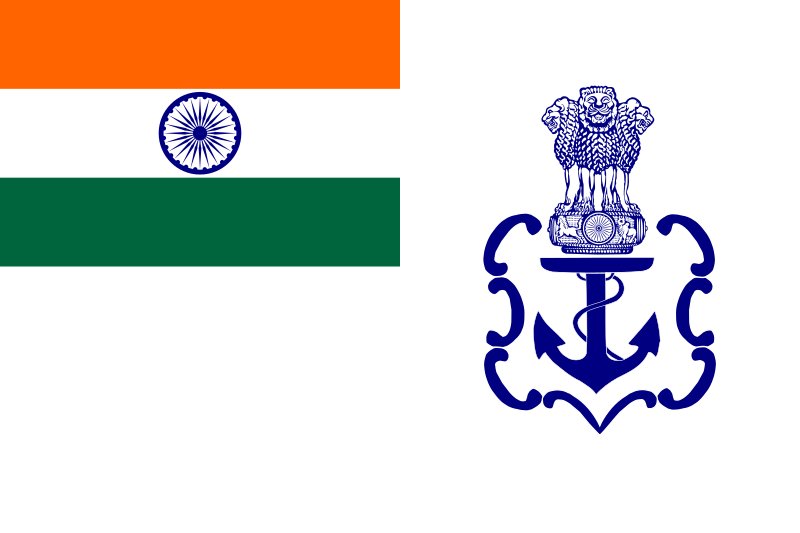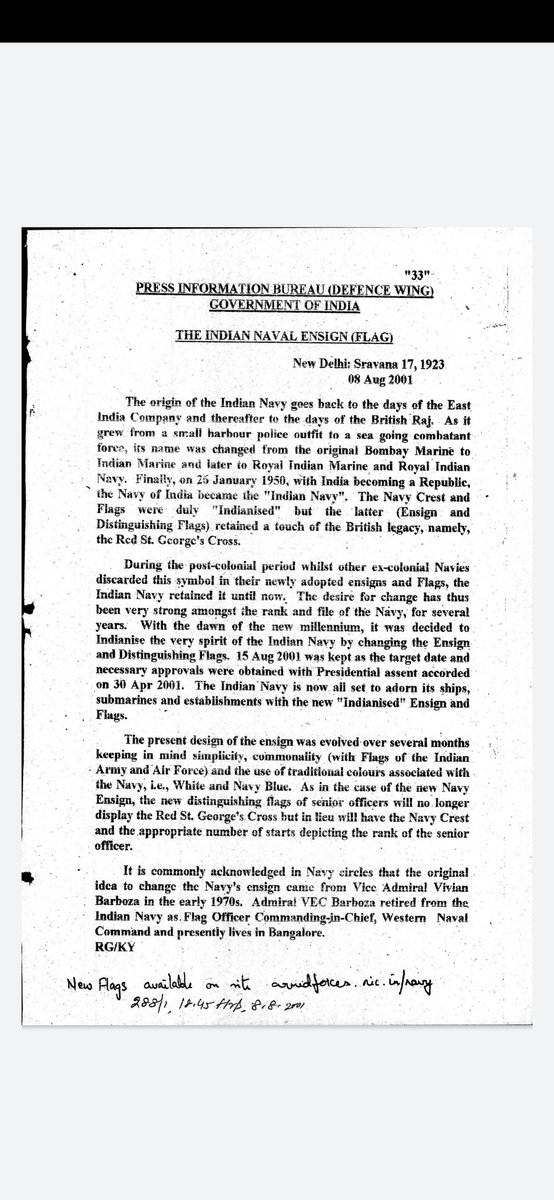
"Why should they be grateful for the crumbs that fall from the rich man’s table?
They should be seated at the board, and are beginning to know it."
- Oscar Wilde, The Soul of Man
The same applies to poor people in domestic politics and developing countries in geopolitics.
They should be seated at the board, and are beginning to know it."
- Oscar Wilde, The Soul of Man
The same applies to poor people in domestic politics and developing countries in geopolitics.
https://twitter.com/TrojanAid/status/1409611309826650115
"We are often told that the poor are grateful for charity. Some of them are, no doubt, but the best amongst the poor are never grateful. They are ungrateful, discontented, disobedient, and rebellious. They are quite right to be so."
"Charity they feel to be a ridiculously inadequate mode of partial restitution, or a sentimental dole, usually accompanied by some impertinent attempt on the part of the sentimentalist to tyrannise over their private lives."
"The people who do most harm are the people who try to do most good; and at last we have had the spectacle of men who have really studied the problem coming forward and imploring the community...on the ground that such charity degrades and demoralises.
They are perfectly right."
They are perfectly right."
• • •
Missing some Tweet in this thread? You can try to
force a refresh














